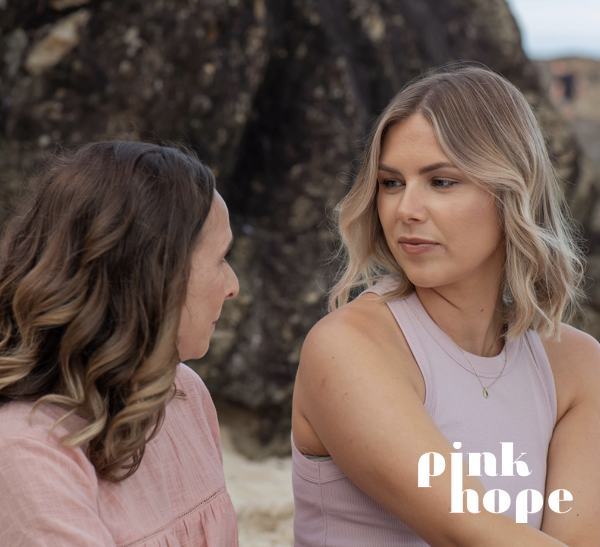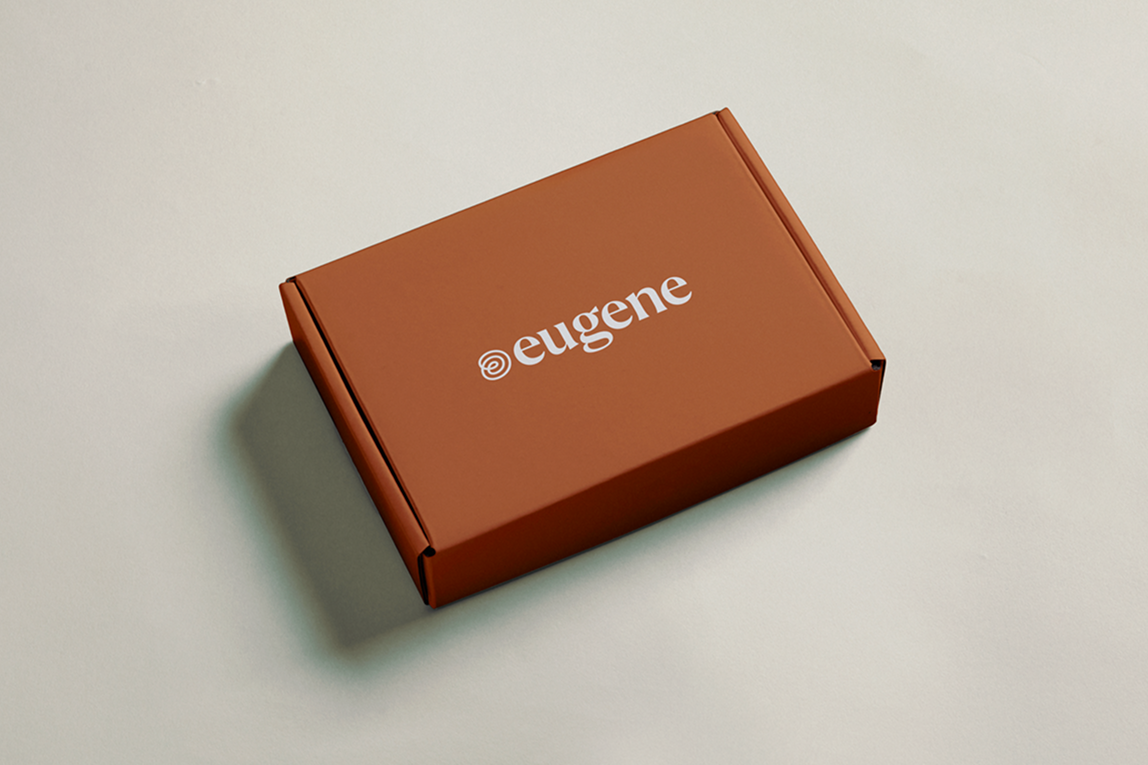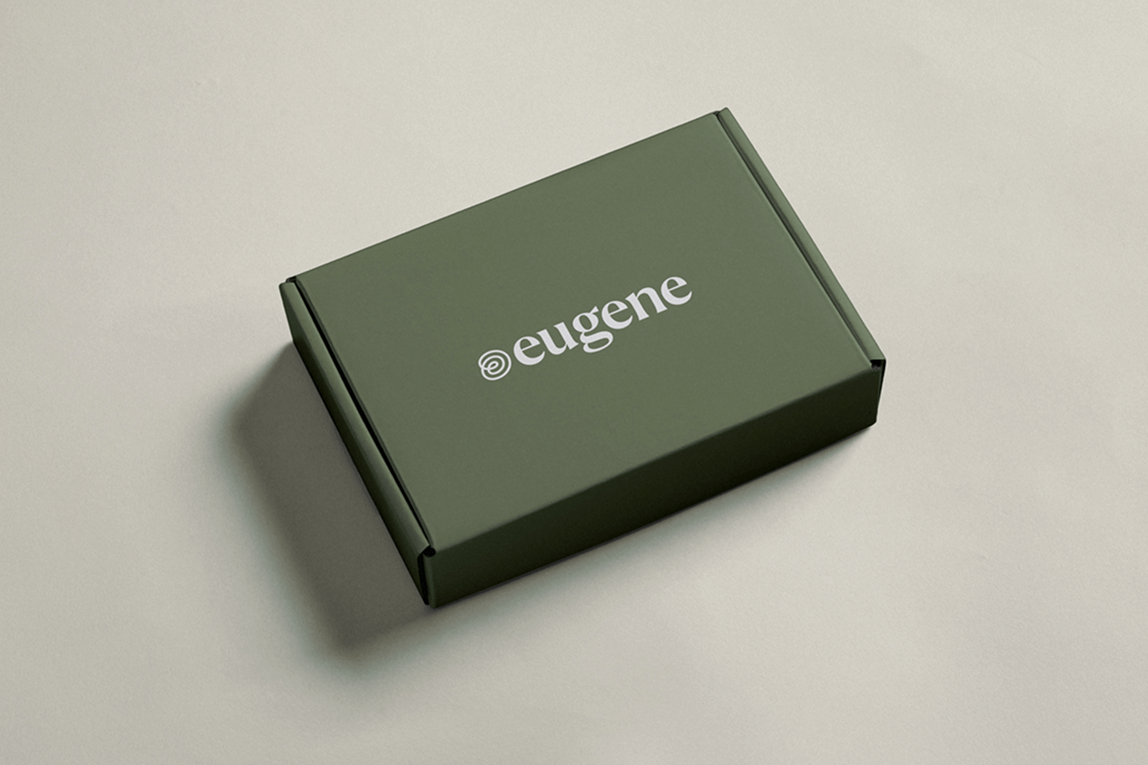Exciting news! Pink Hope, in partnership with SHEIN, is proud to provide more access to proactive and preventative care through their genetic testing grant program. Eugene is honoured to be a part of this new and incredible initiative supporting 50 individuals on their lifetime cancer risk journeys.
Genetic testing has become an essential tool for many individuals and families to understand their risk of certain heritable diseases, including various types of cancer. However, not everyone has easy access to these tests, especially those who do not qualify for publicly funded genetic testing or face long wait times to access it. To address this issue, Pink Hope, a not-for-profit organisation dedicated to providing support and information to those at risk of breast and ovarian cancer, has partnered with Eugene to provide end-to-end care for all people to enable them to make proactive choices about their health.
Together with sponsorship from SHEIN, Pink Hope's grant program provides 50 people with free genetic testing and counselling for an expanded gene panel that includes a total of 65 genes that are known to increase the risk of the most common heritable cancers, including breast, ovarian, and prostate cancer. By expanding the gene panel beyond the common genetic causes of these cancers, individuals who may have a family history of other types of cancer can also benefit from this program.
Working with an internationally accredited laboratory, Eugene ensures that individuals who receive testing through this grant program receive a medical-grade test (which is non-invasive) and genetic counselling support to make informed decisions. The value of Eugene's Proactive Cancer Risk Test is $795AUD, which is Australia and New Zealand’s most accessible end-to-end test in the market.
While Pink Hope and we at Eugene wish we could help everyone who needs proactive cancer genetic testing, they have a limited number of places in the grant program. However, we are committed to working with as many individuals as possible to help them access the care that is most appropriate for them. It is important to note that this grant program is designed to give access to genetic screening for those who are not eligible for Medicare-funded testing. Those who are not able to access testing through this program can purchase the test here with pay-later options available.
If you are interested in applying for Pink Hope's grant program to receive free genetic testing and counselling, you can apply online through their website. This opportunity is open to anyone who meets the eligibility criteria and is not eligible for Medicare-funded testing who fits into the eligibility criteria:
- Participants will be over the age of 18 years and be able to make an informed decision
- Participants can live anywhere in Australia and New Zealand - if interpreters are required Pink Hope can facilitate this.
- Participants will have a family history of cancer
Your expression of interest will be assessed based on how you meet the above criteria and the appropriateness of this test for your particular situation or history.*
If you have a current cancer diagnosis or already have a gene variant in the family, there is likely a more appropriate genetic test available, such as diagnostic or predictive genetic testing, which may be funded by Medicare. You are likely eligible for Medicare-funded testing; please reach out to Pink Hope, who can help navigate your care options and pathways to these.
Pink Hope's grant program, with the support of SHEIN, is an important step towards making genetic testing more accessible and affordable for those who may not otherwise have access to this healthcare service. Eugene invites all those who qualify for the grant program to apply and take advantage of this opportunity.





